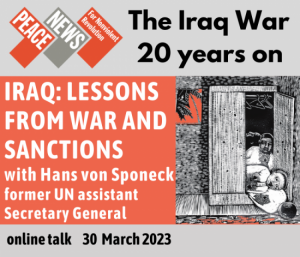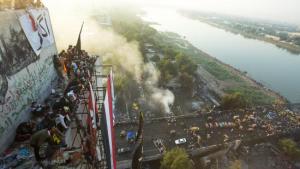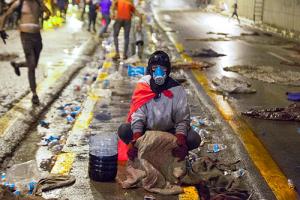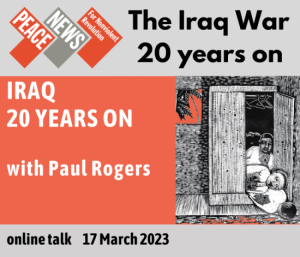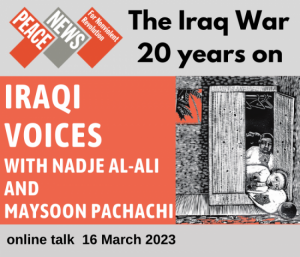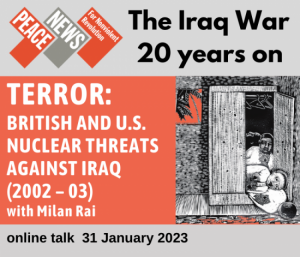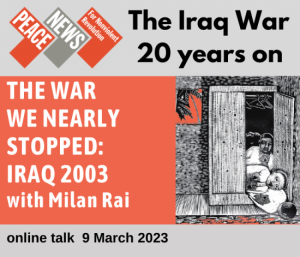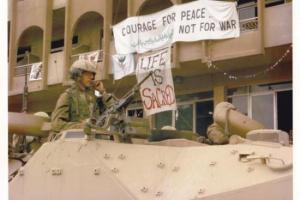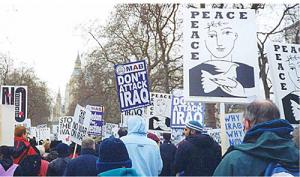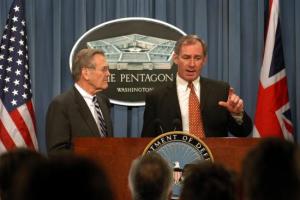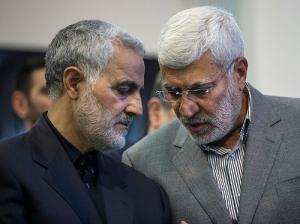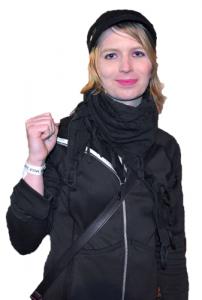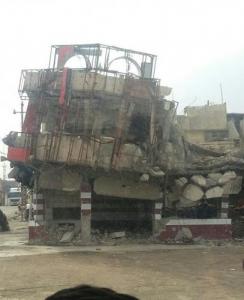Hans von Sponeck talks about the reform challenges that lie ahead on the basis of the lessons learnt from 13 years of Iraq sanctions and the illegal invasion that followed.
During this period, the UN security council, and the UN secretary-general, faced choices between succumbing to geopolitical pressures and breaking international law or managing UN Iraq sanctions in the interest of the Iraqi people and in accordance with the UN Charter. Hans von Sponeck is a former UN assistant…


